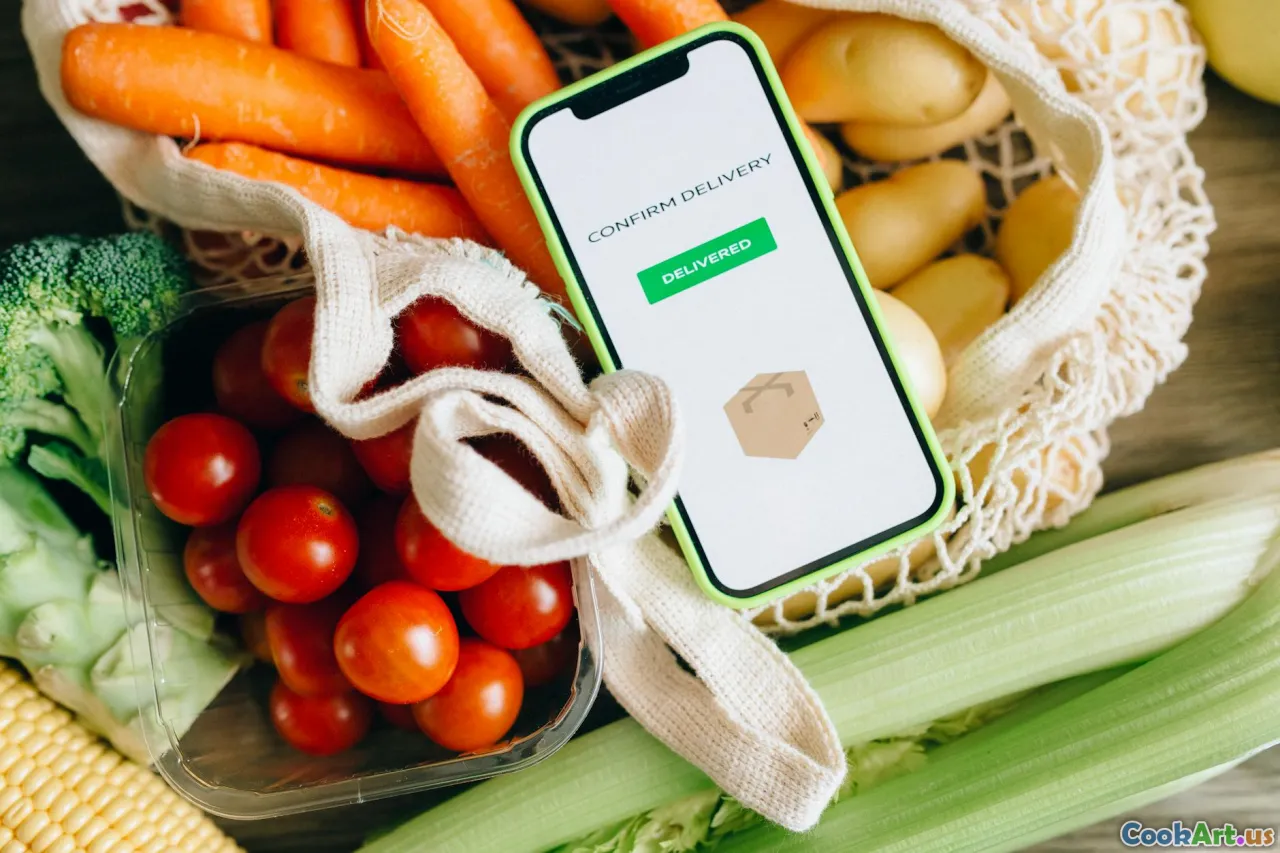Digital Solutions for Sustainable Food Supply
5 min read Explore innovative digital solutions transforming food supply into a sustainable future, enhancing efficiency and reducing waste. April 06, 2025 21:45
Digital Solutions for Sustainable Food Supply
In an era where sustainability is not just a buzzword but a necessary paradigm shift, the food industry is embracing digital solutions to transform its supply chains. From farm to table, technology is paving the way toward a more sustainable future, ensuring that our food systems are efficient, transparent, and capable of supporting a growing global population.
The Role of Technology in Food Supply Chains
1. Blockchain for Transparency
Blockchain technology has emerged as a powerful tool for ensuring transparency in the food supply chain. By allowing all stakeholders, from farmers to consumers, to access real-time data about food sourcing, blockchain helps to trace the journey of food products. This not only reinforces trust but also empowers consumers to make informed choices. For instance, companies like IBM and Walmart have collaborated on blockchain projects that track the origin of produce, significantly reducing food fraud and ensuring food safety.
2. AI and Machine Learning
Artificial Intelligence (AI) is revolutionizing how food is produced and distributed. Machine learning algorithms can analyze vast amounts of data to predict crop yields, optimize planting schedules, and reduce waste. AI-powered systems enable farmers to make data-driven decisions, enhancing productivity while minimizing environmental impact. Companies like Trimble and Harvest CROO Robotics are leading the way with innovative solutions that integrate AI into farming practices.
3. Internet of Things (IoT)
The Internet of Things (IoT) connects devices and sensors in the agricultural landscape, providing real-time monitoring of crops and livestock. IoT devices can track soil moisture levels, weather conditions, and crop health, allowing farmers to make timely interventions. For example, smart irrigation systems can adjust water usage based on soil conditions, conserving water and promoting sustainable farming practices.
4. Vertical Farming and Hydroponics
As urban populations grow, vertical farming has emerged as a sustainable solution to produce food within city limits. Utilizing advanced hydroponics and aeroponics, these farms can produce food with minimal land use and significantly reduced water consumption. Digital solutions play a crucial role in managing these farms, from monitoring nutrient levels to optimizing growth conditions using data analytics.
The Impact on Food Waste Management
1. Smart Inventory Management
Food waste is a pressing issue in the food supply chain. Digital solutions such as smart inventory management systems help retailers minimize waste by predicting demand and optimizing stock levels. By analyzing sales trends and consumer behavior, these systems can ensure that food items are sold before they spoil, thus reducing waste.
2. Apps for Food Redistribution
Several innovative apps are emerging that connect surplus food from restaurants and grocery stores with charities and organizations that feed those in need. Apps like Too Good To Go and Olio facilitate the redistribution of perfectly edible food that would otherwise go to waste, promoting sustainability and community support.
Future Trends in Digital Food Solutions
As technology continues to evolve, the future of sustainable food supply looks promising. The integration of Artificial Intelligence with Blockchain will further enhance food traceability and safety. Additionally, advancements in drone technology may revolutionize crop monitoring and pesticide application, making farming even more efficient.
In conclusion, digital solutions are not just enhancing the efficiency of food supply chains; they are fundamentally reshaping them to be more sustainable and resilient. As consumers become increasingly conscious of their food choices, the demand for transparency and sustainability will only grow. The food industry must continue to embrace these innovations to ensure a sustainable future for all. By harnessing technology, we can create a food system that meets the needs of today while preserving resources for future generations.









